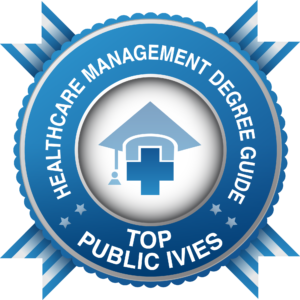The phrase “Public Ivy” is used to describe public universities who offer an Ivy League-caliber education at a much more affordable price tag. These schools offer students the opportunity to learn from nationally recognized professors. They utilize the latest cutting edge technology and labs and become active in ongoing research projects, all while saving a great deal of money. Richard Moll coined the term Public Ivy in 1985 in his book titled Public Ivies: A Guide to America’s Best Public Undergraduate Colleges and Universities. Howard and Matthew Greene continued this trend publishing the list of Public Ivies in their books titled Greenes’ Guides. These books weigh the academic quality of a school, the student experience and the overall cost of attendance. This data was then used to compile a list of schools that are fortunate enough to make the prestigious list.
Ranking Methodology
We created this ranking of the top Public Ivy Colleges to showcase some of the top public schools in the nation offering a degree in healthcare management or administration We researched schools included in the original list and in Greenes’ Guides. From that list, we applied a ranking criteria using student to faculty ratio and average graduate tuition.
Student to Faculty Ratio
- 15:1 or less= 5 Points
- 16:1 to 20:1= 3 Points
- Greater than 20:1= 1 Point
Average Graduate Tuition
- Less than $10,000 per year= 5 Points
- $10,000 to $15,000 per year= 4 Points
- $15,000 to $20,000 per year= 3 Points
- $20,000 to $25,000 per year= 2 Points
- Greater than $25,000 per year= 1 Point
Ranking the Top 25 Public Ivies Offering a Degree in Healthcare Management
#25. University of Delaware – Newark, Delaware
MBA Major in Healthcare Management
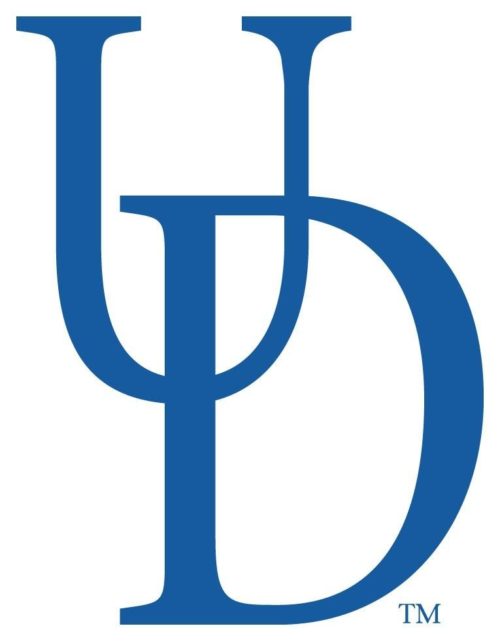
Website
Average Graduate Tuition: $32,886/year
Student-to-Faculty Ratio: 15:1
Points: 6
What’s Unique
The University of Delaware features a top MBA in healthcare management that gives students the specialized training they need to lead healthcare organizations. This AACSB accredited program is located near some of the nation’s top healthcare employers. Faculty are from both Lerner and UD’s College of Health Sciences, teaching about critical issues like:
- informatics
- healthcare reform
- population-based care
- e-service delivery
Courses are taught in a flexible online format, making this a great choice for working professionals. Graduates are prepared for roles such as healthcare administrator, healthcare analyst, and quality service manager.
#24. Michigan State University – East Lansing, Michigan
Master’s in Healthcare Management
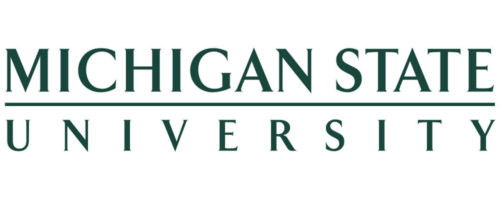
Website
Average Graduate Tuition: $18,132/year in-state and $35,628/year out-of-state
Student-to-Faculty Ratio: 16:1
Points: 6
What’s Unique
The top healthcare management master’s at Public Ivy College, Michigan State University, is offered in a 100% online format. Students can choose to concentrate their studies in either Healthcare Leadership or Healthcare Compliance. This 42 credit hour program can be completed in just 28 months. Designed for healthcare workers, students can pursue their degree while continuing to meet personal and professional obligations. Required courses cover:
- cost analysis in healthcare
- law and ethics
- healthcare information systems
- healthcare strategic management
There are no required campus visits. Online courses are delivered through an interactive learning environment that includes video based lectures.
#23. Rutgers University – New Brunswick, New Jersey
Master of Health Administration
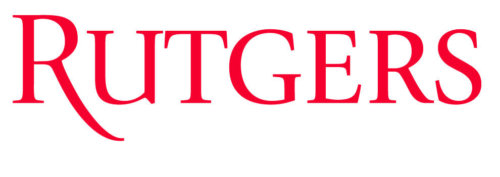
Website
Average Graduate Tuition: $17,232/year in-state and $29,304/year out-of-state
Student-to-Faculty Ratio: 16:1
Points: 6
What’s Unique
The Edward J. Bloustein School of Planning and Public Policy at Rutgers University features a top MHA program that trains tomorrow’s healthcare leaders. Rutgers offers both a Traditional MHA and an Executive MHA. The Executive MHA is for students with at least five years of healthcare experience and holds classes during the weekend. The Traditional MHA is designed for recent grads or professionals, with courses held during the evening. There is no GRE required for either program. Courses cover areas like:
- population health
- health care ethics and law
- health systems operations
- financial health administration
The program provides students with rigorous business training in law, ethics, leadership, and economics…but tailored to meet the needs of the healthcare sector.
#22. The University of Minnesota – Minneapolis, Minnesota
Master of Healthcare Administration (MHA)
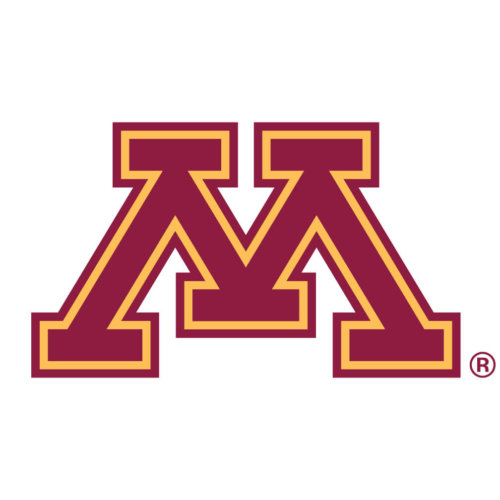
Website
Average Graduate Tuition: $17,064/year in-state and $26,412/year out-of-state
Student-to-Faculty Ratio: 17:1
Points: 6
What’s Unique
The School of Public Health at the University of Minnesota features a top master’s of healthcare administration that trains future health care administration leaders. The program is offered in a full-time and an executive format. The full-time MHA is delivered on-campus and takes just 21 months to complete. Class size is kept small and students move through the program as a cohort. The executive MHA has most coursework online and students only spend 26 days on campus over the course of the 25 month program. Graduates become part of the largest and most active MHA alumni association of its kind, with over 2,600 members. As of last year, 100% of graduates have secured administrative fellowships or jobs by July of their graduating year.
#21. University of Washington – Seattle, Washington
Master of Health Administration (MHA)

Website
Average Graduate Tuition: $15,510/year in-state and $27,801/year out-of-state
Student-to-Faculty Ratio: 19:1
Points: 6
What’s Unique
The University of Washington is a Public Ivy College offering a top master’s in health administration. The program is designed for early career professionals in the business and operations side of health care. The competency based curriculum covers a variety of topics including:
- health economics
- strategic management
- industrial systems
- organizational behavior
A variety of leadership training opportunities is offered through team-based learning experiences in the classroom and leadership coaching through the Center for Leadership and Strategic Thinking. This full-time, two year program includes a full-time internship between the first and second year. The program follows a cohort model allowing students to work with teams throughout the course of the program.
#20. University of Illinois – Champaign, Illinois
Master of Science in Health Administration

Website
Average Graduate Tuition: $15,068/year in-state and $28,221/year out-of-state
Student-to-Faculty Ratio: 20:1
Points: 6
What’s Unique
Do you have a passion for community health? The University of Illinois, a top Public Ivy university, features a master’s in health administration focused on community health. This two year residential program is full-time and includes a mentored summer internship and an applied capstone project. Courses include:
- Biostatistics
- Health Program Evaluation
- Strategic Planning in Healthcare Organizations
- Advanced Health Finance
After the first year of coursework, students complete an Applied Practice Experience, working at least 200 hours in a health administration setting to gain on the job training. Students complete a culminating experience that allows them to apply classroom learning to the field. Previous projects have covered:
- operations management
- quality of care issues
- data analytics.
#19. University of Michigan – Ann Arbor, Michigan
Graduate Program: Health Policy & Management
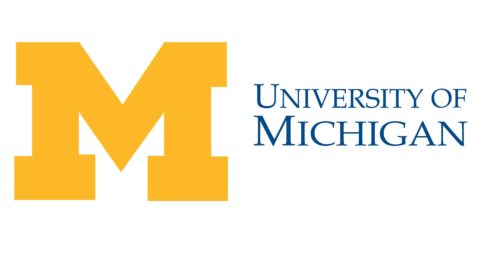
Website
Average Graduate Tuition: $23,128/year in-state and $46,678/year out-of-state
Student-to-Faculty Ratio: 11:1
Points: 7
What’s Unique
The School of Public Health at the University of Michigan features a residential master’s in health services administration. This 60 credit hour program offered by this top Public Ivy university boasts a curriculum that defines professional excellence in the field. Core courses cover areas like:
- health policy
- health services systems
- biostatistics
- epidemiology
Graduates are prepared for management careers in health systems, hospitals, and emergency services management.
#18. University of Pittsburg – Pittsburg, Pennsylvania
Masters in Health Administration
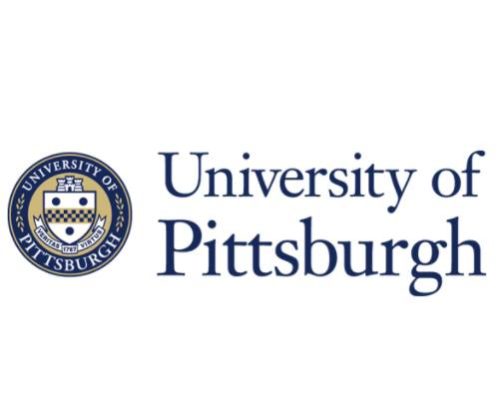
Website
Average Graduate Tuition: $22,846/year in-state and $38,736/year out-of-state
Student-to-Faculty Ratio: 14:1
Points: 7
What’s Unique
Considered one of the top MHA programs in the nation by U.S. News and World Report, The University of Pittsburg focuses on four domain areas including:
- cross-cutting
- self-actualization
- management
- contextual/environmental understanding
Students complete an extended residency of about 1000 hours completed over the course of three semesters. This practical experience requirement allows students to extend their professional network and gain valuable skill development.
#17. Pennsylvania State University – University Park, Pennsylvania
Master of Health Administration Program
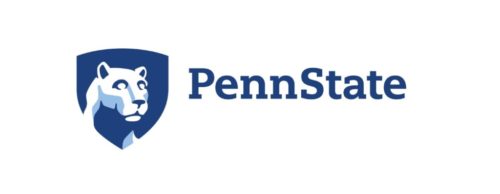
Website
Average Graduate Tuition: $21,540/year in-state and $36,974/year out-of-state
Student-to-Faculty Ratio: 14:1
Points: 7
What’s Unique
PennState’s College of Health and Human Development features a top master’s in health administration program accredited by the CAHME. The competency based curriculum is focused on practice and includes both a residency and a capstone project. Courses include:
- Leadership Ethics in Health Services Organizations
- Advanced Financial Management Principles
- Health Services Organizational Behavior
Students can take advantage of meaningful learning opportunities with a variety of strategic partners including the Cleveland Clinic and Mount Nittany Medical Center.
#16. Georgia Institute of Technology – Atlanta, Georgia
Master of Science in Health Systems
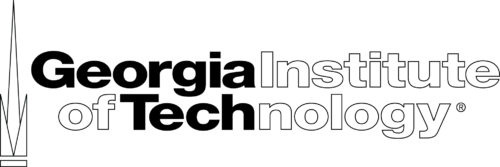
Website
Average Graduate Tuition: $13,788/year in-state and $28,568/year out-of-state
Student-to-Faculty Ratio: 18:1
Points: 7
What’s Unique
Georgia Tech’s H. Milton Steward School of Industrial and Systems Engineering created a master’s in health systems with a general track or a predictive health track. The general track is focused on operations research and management science methods in health care. The predictive health track emphasizes maintaining health using tools to identify and measure risks and deviations in health. Core courses cover areas like:
- health systems practice
- healthcare delivery
- financial management
Graduates are successful working in roles such as:
- data scientist
- research associate
- senior business analyst
- senior improvement consultant.
#15. University of Maryland – College Park, Maryland
Master of Health Administration (MHA) Program
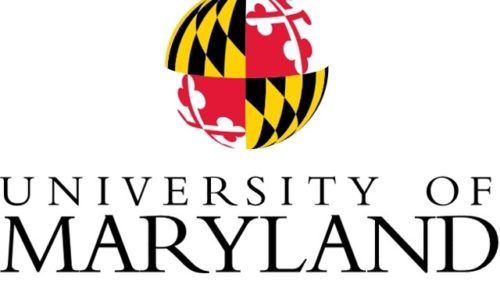
Website
Average Graduate Tuition: $12,906/year in-state and $27,864/year out-of-state
Student-to-Faculty Ratio: 18:1
Points: 7
What’s Unique
The top master’s in health administration at the University of Maryland is a rigorous, multi-disciplinary program. This 45 credit hour professional degree prepares students to work in a variety of settings including:
- long term care
- insurance
- managed care organizations
Both full and part-time study options are available. This CEPH accredited program includes coursework in:
- health law and ethics
- healthcare financial management
- strategic planning and marketing
All students complete an internship and must choose between a thesis or a capstone project to meet graduation requirements.
#14. University of Texas – Austin, Texas
MBA Health Care Concentration
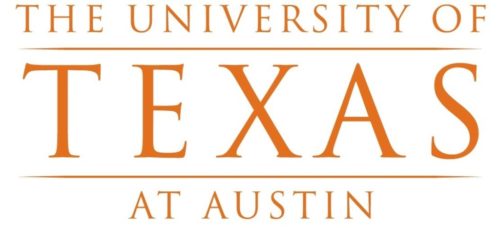
Website
Average Graduate Tuition: $11,742/year in-state and $22,564/year out-of-state
Student-to-Faculty Ratio: 18:1
Points: 7
What’s Unique
The McCombs School of Business at The University of Texas at Austin features a top MBA healthcare concentration taught by Texas McCombs faculty in partnership with the Dell Medical School’s Texas Health Catalyst. Core coursework covers areas like:
- health care technology
- health care business ecosystem
- healthcare technology innovation
Beyond the classroom, students participate in student organizations like the MBA Healthcare Association. Students have the opportunity to work on practicum projects that address real-world problems facing care providers in the Austin area. This full-time program takes two years to complete and follows a cohort format.
#13. The Ohio State University – Columbus, Ohio
Master of Health Administration (MHA)
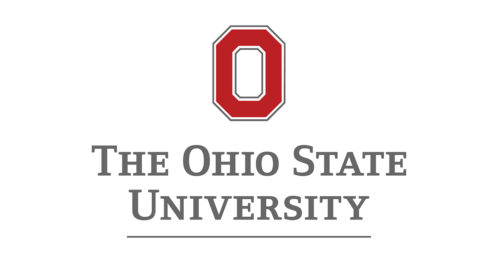
- Website
Average Graduate Tuition: $11,560/year in-state and $34,064/year out-of-state
Student-to-Faculty Ratio: 19:1
Points: 7
What’s Unique
The College of Public Health at The Ohio State University offers a top master’s in health administration accredited by the CAHME. The program is ranked 7th in the country by U.S. News and World Report. Students develop competencies in four distinct areas including: - Management Function and Skills
- Health Systems and Community
- Leadership and Professionalism
- Analytic Skills
Students are assigned to a clinical care team at the Wexner Medical Center to gain practical care experience and gain greater understanding of patient care processes. An administrative residency, completed between the first and second year, gives students additional practical field experience.
#12. University of California – Berkeley, California
Health Policy & Management
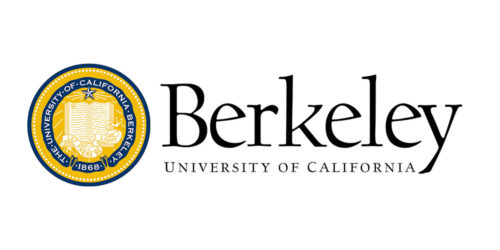
Website
Average Graduate Tuition: $11,442/year in-state and $26,544/year out-of-state
Student-to-Faculty Ratio: 20:1
Points: 7
What’s Unique
UC Berkeley features a master’s in health policy and management with one and two year program tracks. The one-year track is delivered in an accelerated format reserved for doctoral prepared clinicians or those on that educational pathway. The two-year program is for students with at least two years of full-time work experience. Students are engaged in applied learning activities that develop core skills in:
- financial analysis
- policy decision-making
- problem solving and innovation
Graduates are employed by a variety of domestic and international companies due to their leadership skills and commitment to improving healthcare. These companies include Davita, AIG, and Stanford Health Care.
#11. University of California-San Diego – La Jolla, California
Master’s Degree in the Leadership of Healthcare Organizations
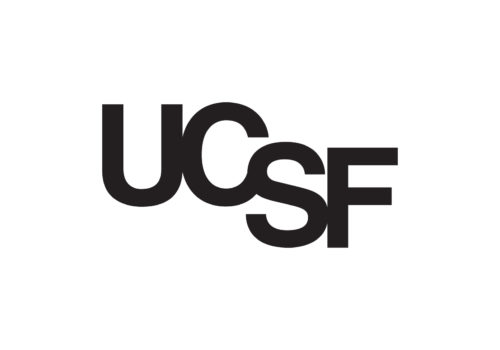
Website
Average Graduate Tuition: $11,442/year in-state and $26,544/year out-of-state
Student-to-Faculty Ratio: 19:1
Points: 7
What’s Unique
The master’s in the leadership of healthcare organizations program offered by the University of California at San Diego provides students with hands-on preparation for a rewarding career. Class schedules are designed to fit students’ busy lifestyles and are offered during the evening or late afternoon one day a week. This 42 credit hour program can be completed in one to three years of study. The program places emphasis on:
- process improvement
- quality patient care
- project management
- financial decision making and analysis
All students complete an independent study capstone course. During this course, students are involved in a high-level research project that integrates what the student has learned throughout the program.
#10. University of California – Irvine, California
Fully Employed MBA

Website
Average Graduate Tuition: $11,442/year in-state and $26,544/year out-of-state
Student-to-Faculty Ratio: 18:1
Points: 7
What’s Unique
The Paul Merage School of Business at the University of California features a unique, Fully Employed MBA (FEMBA) with a flexible schedule that accommodates working professionals. New students can begin in the fall (on-campus or hybrid) or spring (accelerated) semester. Students move through the program as a cohort, fostering an environment of collaboration and teamwork. Students attend three off-site learning residentials including an international residential. Faculty are top notch scholars who have earned advanced degrees at some of the most prestigious universities in the world.
#9. University of California – Los Angeles, California
Graduate Program: Health Policy & Management
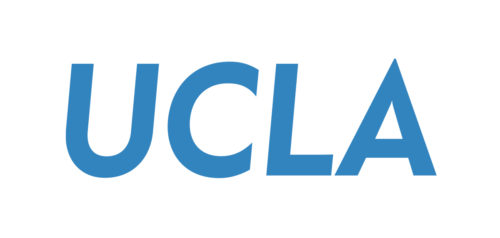
Website
Average Graduate Tuition: $11,442/year in-state and $26,544/year out-of-state
Student-to-Faculty Ratio: 18:1
Points: 7
What’s Unique
UCLA features a master’s in health policy and management with a specialization in research, emphasizing research skills in health services. Both one year and two year program options are available. The two year program consists of 17 courses. The one-year program is for students with a prior doctoral level degree and requires 13 courses. Courses cover areas like:
- epidemiology
- health systems organization and financing
- applied regression
Students choose between completing a thesis or comprehensive exam/major written report.
#8. University of Florida – Gainesville, Florida
Master of Health Administration (MHA)

Website
Average Graduate Tuition: $10,770/year in-state and $27,335/year out-of-state
Student-to-Faculty Ratio: 18:1
Points: 7
What’s Unique
The College of Public Health and Health Professions at the University of Florida is home to a top master’s in health administration. Students begin the program in the fall and can complete the program in two years. All students complete an internship after their first year of coursework. This full-time commitment during the summer semester can be completed in a variety of settings including:
- health delivery organizations
- governmental agencies
- charitable organizations
This rigorous programs boasts nearly 100% of graduates find employment after graduation.
#7. University of Virginia – Charlottesville, Virginia
MBA-Healthcare

Website
Average Graduate Tuition: $16,018/year in-state and $26,830/year out-of-state
Student-to-Faculty Ratio: 15:1
Points: 8
What’s Unique
With industry focused electives, the MBA in healthcare from the University of Virginia is tailored to meet the needs of their students. The curriculum encourages students to think creatively and strategically about both current and upcoming issues in the field. During the first year, students focus on managerial concepts. Second year students explore their own interests and pursue opportunities that help them apply their classroom learnings to the real-world. Courses cover:
- challenges in healthcare
- solutions and innovations in healthcare
- understanding the non-profit sector
Dual degree options are available for students interested in an MBA/MD, MBA/MPH, or an MBA/MSN.
#6. University of Iowa – Iowa City, Iowa
Master of Health Administration
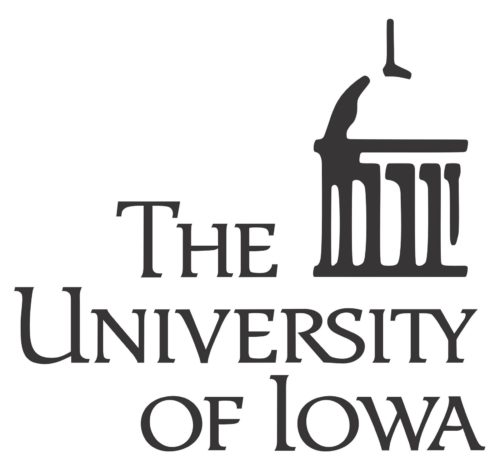
Website
Average Graduate Tuition: $9,785/year in-state and $28,726/year out-of-state
Student-to-Faculty Ratio: 16:1
Points: 8
What’s Unique
The College of Public Health at The University of Iowa features a Master of Health Administration program that gives students a comprehensive understanding of patient centered healthcare. Students will gain the skills needed to navigate administrative and management systems and are poised for continual professional growth. Core courses cover:
- managerial finance
- healthcare management
- healthcare ethics
- leadership of healthcare organizations
All students complete an internship and an integrative capstone project. Students complete 60 credits of graduate credit and can complete the program in just 21 months of full-time study.
#5. University of Georgia – Athens, Georgia
MBA with a concentration in Healthcare Management
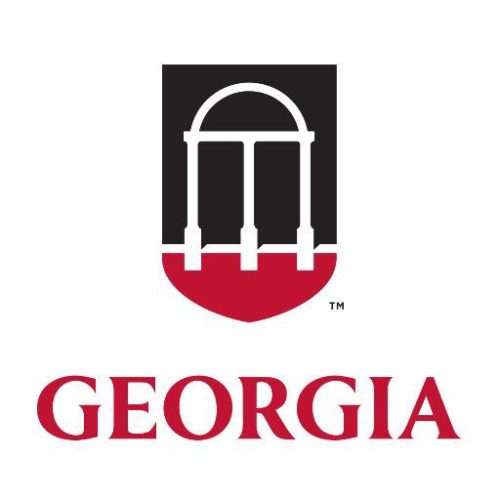
Website
Average Graduate Tuition: $8,704/year in-state and $24,692/year out-of-state
Student-to-Faculty Ratio: 17:1
Points: 8
What’s Unique
The University of Georgia offers a full-time MBA program with a concentration in healthcare management. The concentration path includes courses in:
- health economics
- health policy and management
- risk management
- financial modeling
The full-time MBA is a rigorous program with multiple experiential learning opportunities. Students in their first year of the program sit on boards of directors in Athens area non-profits. Through case competitions, MBA students gain invaluable experience working with a team and faculty advisors.
#4. Miami University – Oxford, Ohio
Master’s in Public Health: Health Policy and Administration
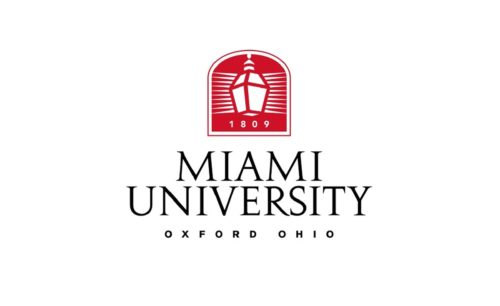
Website
Average Graduate Tuition: $13,409/year in-state and $30,798/year out-of-state
Student-to-Faculty Ratio: 13:1
Points: 9
What’s Unique
Miami University, in Oxford, Ohio, features a top master’s in public health with a focus on health policy and administration. The health policy and administration concentration includes coursework in:
- public administration
- policies and programs in an aging society
- public policy analysis
- health economics
Students focus on critical policy and programmatic issues in public health. All students complete an internship, giving them valuable hands-on experience and training.
#3. The University of Arizona – Tucson, Arizona
Master of Healthcare Management

Website
Average Graduate Tuition: $11,716/year in-state and $32,065/year out-of-state
Student-to-Faculty Ratio: 15:1
Points: 9
What’s Unique
The Eller College of Management at The University of Arizona features a top master’s in healthcare management in a fully online format. Concentrations are available in:
- Healthcare Leadership
- Healthcare Innovation
- Healthcare Informatics
This 30 credit hour program can be completed in just 12 months. Courses are delivered in an asynchronous format, allowing students to access course content 24/7. Students can apply the principles they learned in the classroom to a field setting during their capstone experience.
#2. University of North Carolina – Chapel Hill, North Carolina
Master of Healthcare Administration (MHA)
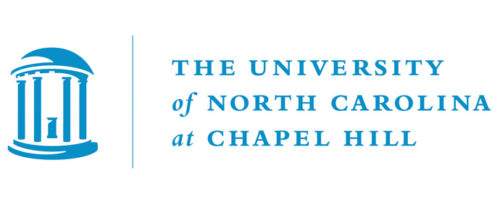
Website
Average Graduate Tuition: $10,243/year in-state and $27,454/year out-of-state
Student-to-Faculty Ratio: 13:1
Points: 9
What’s Unique
The top master of healthcare administration offered through the Department of Health Policy and Management at UNC was designed for individuals who want to become health care leaders. The program is offered in both an executive and full-time format. Students in the full-time residential program complete 60 credit hours of coursework and a 12-week internship. The executive program holds classes online in real time with faculty and students during the evening. Students can immediately apply new skills and knowledge to their work environment. Executive program students can complete their degree in two years.
#1. Indiana University-Purdue University-Indianapolis – Indianapolis, Indiana
Master of Health Administration

Website
Average Graduate Tuition: $8,568/year in-state and $23,448/year out-of-state
Student-to-Faculty Ratio: 15:1
Points: 10
What’s Unique
Our top choice for a health administration master’s program offered by a Public Ivy university is the MHA degree at Indiana University-Purdue University Indianapolis. This MHA program is the only CAHME accredited program in the state. The program is taught by full-time and adjunct faculty with experience in health systems. Students interested in international health administration can take advantage of study abroad opportunities to:
- Europe
- Latin
- Asia
- Africa
Both full and part-time program options are available. Students gain valuable hands-on training through internships, experiential learnings, and capstone projects. UIPUI alumni make up hand the hospital CEO’s in the state of Indiana.
